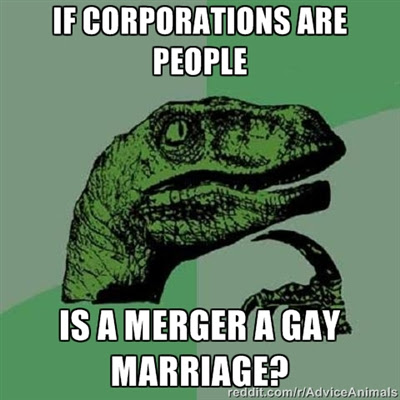Gov. Andrew M. Cuomo and legislative leaders tentatively agreed on Monday on a broad package of changes to gun laws that would expand the state's ban on assault weapons and would include new measures to keep guns away from the mentally ill.
Approval of the legislation would make New York the first state to act in response to the mass shooting at an elementary school in Newtown, Conn., last month. Monday was the first full day of this year's legislative session in Albany; the State Assembly opened its session with a moment of silence for those killed in Newtown, and lawmakers from both parties said they expected to vote on the gun package late Monday or early Tuesday.
"We don't need another tragedy to point out the problems in the system," Mr. Cuomo, a Democrat, said at a news conference just before 9 p.m., during which he detailed elements of the proposed legislation. "Enough people have lost their lives," he added. "Let's act."That's basically okay so far, I don't have any major gripes with those first paragraphs, even if it does reek a bit of the "DO SOMETHING" dynamic that I loathe so much. Let's keep going.
In an acknowledgment that many people have suggested that part of the solution to gun violence is a better government response to mental illness, the legislation includes not only new restrictions on gun ownership, but also efforts to limit access to guns by the mentally ill.
The most significant new proposal would require mental health professionals to report to local mental health officials when they believe that a patient is likely to harm themselves or others. Law enforcement would then be authorized to confiscate any firearm owned by the patient.
"People who have mental health issues should not have guns," Mr. Cuomo said. "They could hurt themselves, they could hurt other people."
But such a requirement "represents a major change in the presumption of confidentiality that has been inherent in mental health treatment," said Dr. Paul S. Appelbaum, the director of the Division of Law, Ethics, and Psychiatry at the Columbia University College of Physicians and Surgeons, who said the Legislature should hold hearings on possible consequences of the proposal.
"The prospect of being reported to the local authorities, even if they do not have weapons, may be enough to discourage patients with suicidal or homicidal thoughts from seeking treatment or from being honest about their impulses," he said.Okay, now we've got problems. "Addressing mental health issues" in our society does not mean "treating those with mental health issues like convicted felons and second-class citizens". The proposal, as stated, would strongly discourage those who are struggling with mental illness from ever disclosing their problems, lest they be forced to give up their rights as Americans as a result. That would make the societal issues we now face much worse, not better.
The goal of these policies should be to minimize the number of mentally ill people in the country, and to pro-actively treat the symptoms of those who become viciously disillusioned or inclined toward violence, not to further isolate those people and make them even more bitter and pissed off at society. This is not a step in the right direction; on the contrary, it's a huge step backward for New York and the country as a whole.
Unfortunately, this type of response is exactly what I warned about in my previous missives on gun control, only worse. Instead of ignoring mental health issues (as I had feared), New York politicians are seemingly trying to actively antagonize the very people they should be seeking to help. That's a dereliction of duty of the highest order, and a complete failure by those politicians to protect the rights and well-being of all citizens equally.
I see no reason to be diplomatic or civil when policy proposals that are so boldly idiotic are put forth. Citizens and politicians of New York, what in the fuck are you thinking?
[CNBC]















